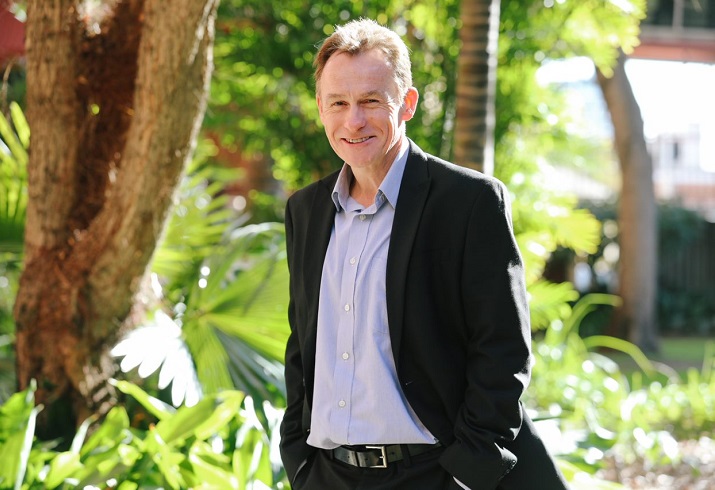Congratulations RPH Head of Cardiology - $1.8M funding to investigate treatment of a common heart condition

Royal Perth Hospital (RPH) Cardiologist, Professor Graham Hillis, has been awarded more than $1.8M in funding for his research team to investigate treatment of a common heart condition.
The funding is from the Federal Government’s Medical Research Future Fund which aims to support researchers to make the next big medical discoveries that benefit all Australians. It will support an international team that will investigate if early valve replacement improves the outcome for patients with severe aortic stenosis, or narrowing of the valve between the heart and the major artery that carries blood around the body.
Aortic stenosis is a common and serious heart condition that is becoming increasingly frequent due to an ageing population.
“The narrowing of the valve prevents it from opening fully which then obstructs blood flow from your heart into the aorta, the main artery in your body,” Graham explained.
“This means that your heart needs to work harder to pump blood around your body. This narrowing builds up over many years and can often go unnoticed but eventually it can start to cause problems such as chest pain, breathlessness and blackouts.”
The standard approach in patients with aortic stenosis is to wait until these symptoms develop and then to replace the valve. What the research team is hoping to establish is if clinicians act early to replace the valve - as soon as the narrowing becomes severe – does the patient have a better outcome than if this traditional approach of “watching and waiting” is adopted?
In a large collaborative trial, the researchers here in Australia will work with colleagues in the United Kingdom and in New Zealand to test the best strategy by randomising 2,844 patients with severe aortic stenosis. They will either undergo early valve replacement or a conventional approach of regular close follow-up, with surgery recommended if and when symptoms develop.

